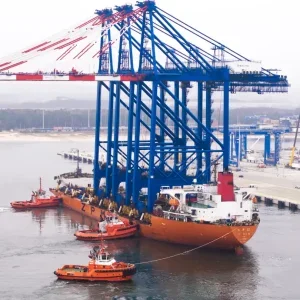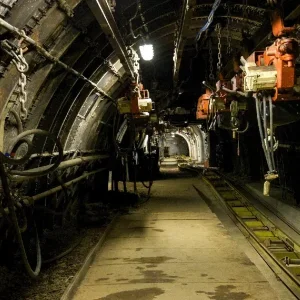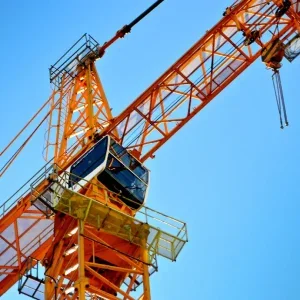Columbus McKinnon announced on Monday 4 June that it will close its Yale Hoist manufacturing facility in Forrest City, Arkansas before March 2002. The closure follows the rationalisation and transfer of hoist products to other CM facilities, the US manufacturer said.
“While it is always a difficult decision to close a facility,” said Timothy Tevens, president and chief executive officer, “the benefits of closing the Forrest City plant are significant and in the best interests of all of our stakeholders, and it is a further step in CM’s previously announced programme of strategic initiatives designed to enhance shareholder value. We will be able to offer a number of affected associates positions in other CM locations and, for those who do not relocate, severance and outplacement help. Yale represents one of CM’s most recognised brands; Yale hoist products will continue to be marketed in North America and around the world. The process will begin immediately and we expect to vacate the Forrest City facility by the end of this fiscal year.” CM will take an $8.8m pre-tax charge in its first quarter results, mainly as a result of the cost of terminating the lease. Annualised recurring pre-tax cost savings expected to result from this action are estimated at $7.25m.
The company said that the plant closure was a continuation of its integration process resulting from its acquisition over the last six years of several major North American hoist producers. “Our integration process typically begins with economies that are readily available, such as business system implementation, consolidated purchasing, and other easily attainable revenue enhancements and cost reductions,” Tevens added. “Facility consolidation is always more complex and best done later in the integration process.” In addition, during recent months, CM has begun the process of consolidating several smaller operations into larger CM facilities. Savings expected from this are estimated at $850,000 a year, with minimal implementation costs and no restructuring charges.
CM says that it has also begun to adopt lean manufacturing improvement activities in a number of its facilities aimed at improving productivity, reducing inventory, and freeing up manufacturing space, while improving or maintaining high levels of customer service.
Columbus McKinnon’s financial performance dipped only slightly last year despite market conditions described as poor. For the year to 31 March 2001 net sales were $728m, compared to $736.3m in fiscal 2000. Net income was $15.2m, down from $17.1m in 2000.
There was an improvement in operating profit, which rose to $70.2m compared to $68m in fiscal 2000.
Tevens said: “We are pleased with CM’s results given the poor current economic conditions in the manufacturing sector. Sales for the year were close to our record-setting sales of fiscal 2000, sales and operating income for CM’s Solutions-Automotive segment continues to improve. We have been able to control costs and implement strategic improvements in our Products segment despite this slow economy. As a result of these strategic improvements, CM is well positioned for a future economic recovery.” CM’s record-setting 2000 sales were just 1% up on its 1999 performance.
The fiscal 2001 results were hit by higher interest costs, higher energy costs, and costs associated with its recent strategic alternatives evaluation.
Tevens added: “Our level of profitability for fiscal 2001 also reflects the shift in our sales mix that resulted in higher volumes in our Solutions-Automotive segment and lower volumes in our more profitable Products segment.”






